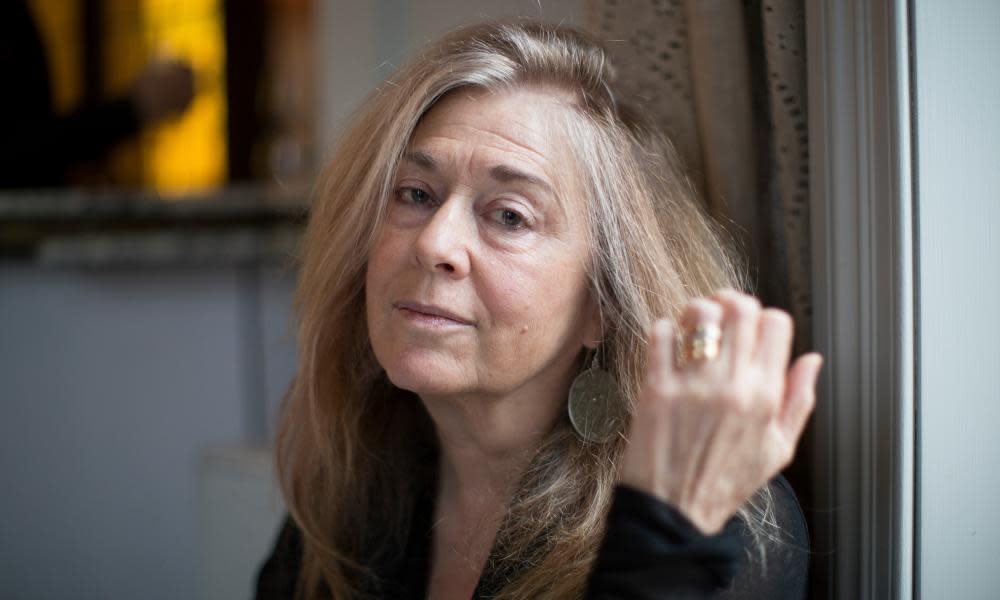The best recent poetry collections – review roundup

Jorie Graham’s poetry uniquely portrays the struggle to understand, to do the right thing, and above all to find meaning in the world’s “rich concentrate”. Her characteristically questioning work previously engaged with physics, history and personal morality, and now turns its attention to accelerating planetary crisis. Runaway (Carcanet, £12.99) was completed before the pandemic, but its capacious understanding makes it as able to speak to this as to climate breakdown and global suffering. Graham juxtaposes individual experience, “such local temporary wonders”, with an almost incomprehensible scale of disaster. She’s not the first to do so. “The Hiddenness of the World” pays homage to Edward Thomas’s first world war poem “At the Team’s Head Brass” while echoing Thomas Hardy’s contemporaneous “In Time of ‘The Breaking of Nations’”. But she’s doing it with urgency and an attention so exceptional it comes out as tenderness: “falling all round u / is gazing, thinking, attempted love, exhausted love”. Sweeping lines and fractured phrases, ampersands and italics, lines unexpectedly justified right: all of these wake us up to “the freshness of what’s / there”.
Beauty and struggle also colour Sean O’Brien’s It Says Here (Picador, £10.99). “So much is chaos, so much / Mere filler” that we’re left with a “latticework of ‘ordinary life’” to fill with meaning. Throughout this searchingly intelligent book that meaning is moral decency. Suffering isn’t solipsistic in O’Brien’s world, crammed with friends and neighbours, the lost and those who continue to keep the poet company. “Death / is all there is and more. This is a comedy”, because we continue in each other’s memories. In this compassionate, thoughtful vision we live through community; even the personal space of the unconscious resembles a foot-tunnel, “flooded / And full of weird shite”.
O’Brien’s work of witness fizzes with sparking language, the black humour of the dispossessed and those who care. The Dantesque “Hammersmith” at its heart is an aptly furious, profoundly exploratory elegy for the poet’s parents and all they represent. Finally, there’s hope: “The dreaming mind will lose no chance / To mobilize belief.”
Timothy Donnelly’s generous, substantial The Problem of the Many (Picador, £10.99) also belongs to the tradition that the late great Peter Porter called “intellectualism and populism”. Talkative and wide-ranging, stanzaic but not exactly metrical, his verse looks like late Auden. But it engages an altogether wider world, ranging between a sonnet to the tagging device “Smartwater”, and Trump-inspired “The Death of Truth”. “We won’t get back the hours we mismanaged.” Compression and use of first person, even for a dog, create urgency. The world matters: so does how we deploy knowledge and intelligence. In writing saturated with philosophy, Heraclitus’s thought experiment about the impossibility of repetition fuses with Duchamp’s Nude Descending a Staircase; “Hymn to Life”, about extinction, references both pioneering psychoanalyst Lou Salomé and Shelley’s unfinished The Triumph of Life.
Ngũgĩ wa Thiong’o’s The Perfect Nine (Harvill Secker, £12) first appeared in Gĩkũyũ in his native Kenya, and is now translated by its author. Drawing on oral traditions to tell a foundation myth of the “perfect nine” (in fact 10) daughters of the first parents, and their 99 suitors, it’s a beautiful work of integration that not only refuses distinctions between “high art” and traditional storytelling, but supplies that all-too rare human necessity: the sense that life has meaning.
• Fiona Sampson’s latest collection is Come Down (Corsair).


